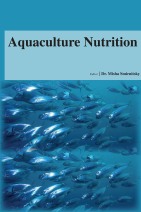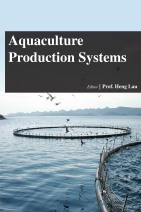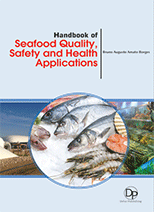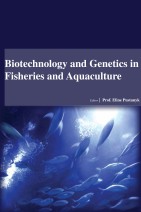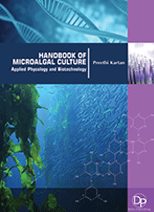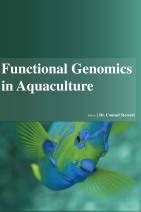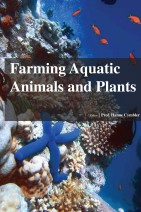Tab Article
Marine biology involves the research of life in the seas, oceans and saline waters, which form the habitat for organisms like corals on the seafloor and others such as archaea, bacteria and marine mammals. The discipline also includes how humans have changed the ocean biology, like how fisheries work or the impacts of overfishing. The most biologically and chemically varied habitat on Earth is the marine environment, which provides different marine-derived products for industrial and pharmaceutical use, such as enzymes and molecules. This volume discusses recent developments in interdisciplinary research in marine biology, including synthetic biology and metabolic engineering, which have considerably improved the production of goods derived from marine sources. From ocean habitat conservation to applied science, marine biotechnology provides significant biological resources. Marine organisms create a vast range of metabolites with biological functions useful for humans, such as antioxidant, anti-microbial, cytotoxic, anticancer, insecticidal, herbicidal, pro-osteogenic and pro-regenerative, anti-coagulant, cholesterol-lowering, analgesic, anti-inflammatory, nutritional, horticultural, photoprotective, or other valuable properties. The authors of this volume outline the recent progress in the use of marine enzymes and molecules in biotechnology, including the rising demand for substitute sources of, pharmaceuticals, cosmeceuticals, nutraceuticals, food, feed, and unique bio-based products that could be met by these metabolites.


